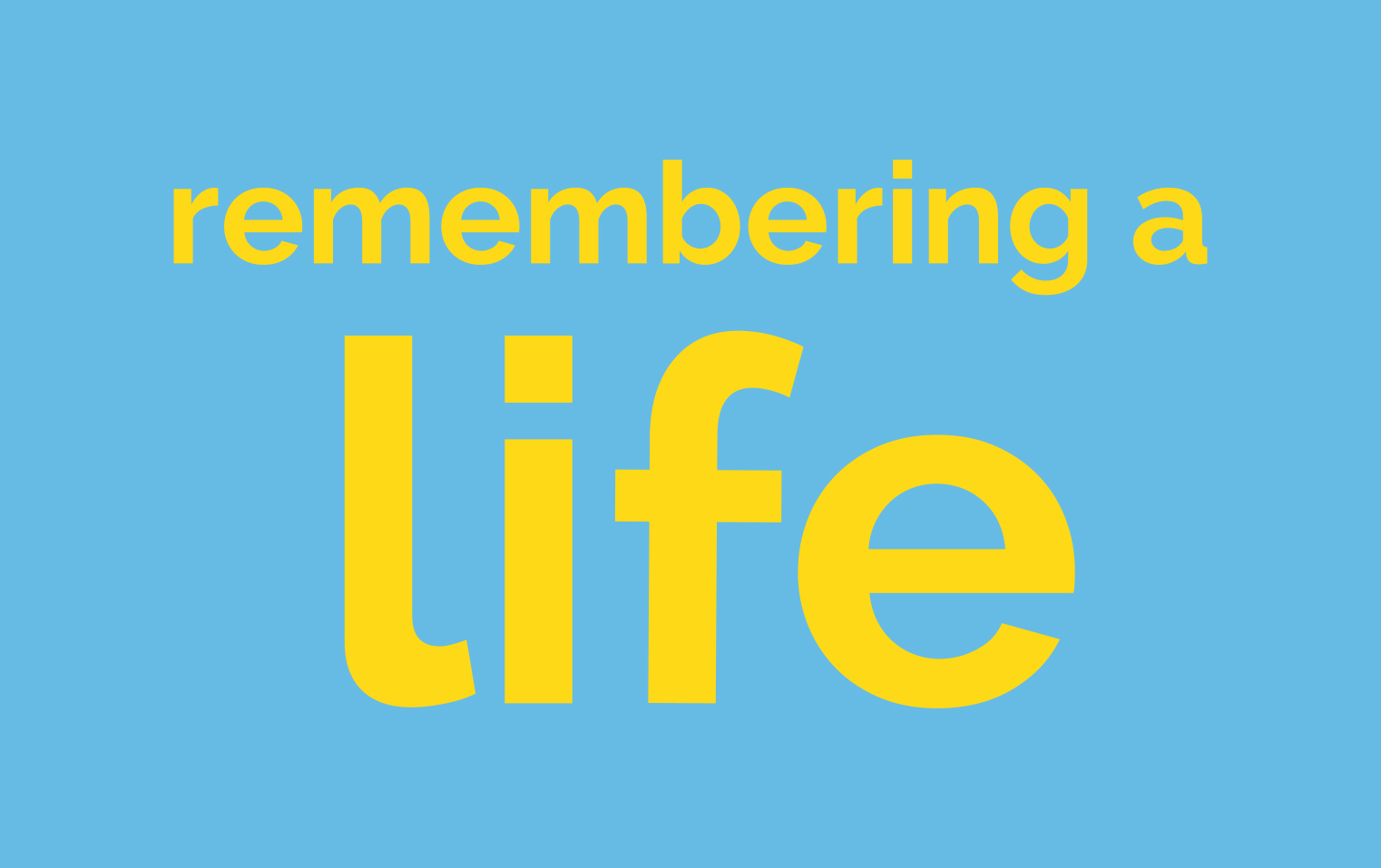Connecting with families is what funeral service is all about – in their pain and grief, of course, but also in providing them with the information they need to make good choices both preneed and following the death of a loved one – information that comes from trusted experts in their community. NFDA’s consumer website, Remembering A Life, provides consumers with resources they need to make educated and thoughtful decisions about tributes for themselves and loved ones.
Remembering A Life:
Educates consumers about:
- The value of funerals and funeral directors
- Planning and preplanning funerals
- What to do when a loved one dies
- Grief resources
Empowers consumers to:
- Find an NFDA-member funeral home using the Find a Funeral Home functionality
- Make informed choices
- Create meaningful tributes that beautifully honor the lives of their loved ones
Establishes NFDA-member funeral directors as the experts on:
- Funeral planning and preplanning
- The value of a funeral
- Meaningful funerals
Add the Logo to Your Website:
